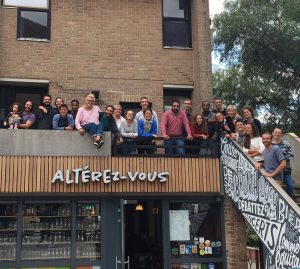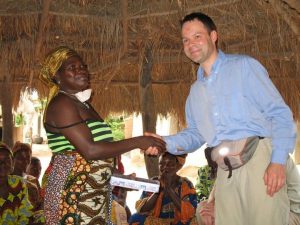
Opinion poll: Sustainable products on the work floor
How many employers choose sustainable products on the work floor? This opinion poll carried out by ProFacts for the Trade for Development Centre shows that employers are less willing to buy fair or sustainable products than individual consumers: 33% of employers purchase sustainable products compared to 54% of consumers.










